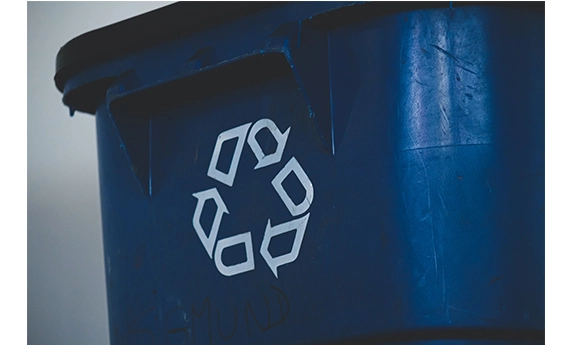
- > Search By Functions
- > Co-Extrusion
- > Search By Material
- > Search By Machines
- > Search By Machines
- > Search By Machines
What are you looking for?
A Plastic Recycling Machine is a highly efficient and sophisticated piece of industrial equipment used to transform waste plastic materials into reusable raw products. This machine undertakes multiple processes, including sorting, washing, shredding, and pelletizing, to convert discarded plastic into valuable resources. By implementing a plastic recycling machine, businesses and industries can significantly reduce plastic waste, promote resource conservation, and minimize dependence on virgin plastic production. This sustainable solution not only helps in mitigating environmental pollution caused by plastic waste but also contributes to the circular economy by creating a closed-loop system for plastic materials. The versatility and efficiency of plastic recycling machines make them vital in addressing the global plastic waste crisis and promoting sustainable practices across various sectors.




Firstly, there is a growing awareness and concern about the environmental impact of plastic waste globally. Governments and organizations are implementing policies and regulations to reduce plastic waste and encourage recycling. This creates a favorable market environment for plastic recycling machines.
Secondly, advancements in technology are making plastic recycling machines more efficient and effective. Innovative sorting and separation techniques, such as optical sorting and density-based separation, are improving the quality and quantity of plastic recycling. This allows for a wider range of plastics to be recycled and increases the value of the recycled materials.
Additionally, there is an increasing demand for recycled plastics from various industries. Companies are looking for sustainable and eco-friendly alternatives to virgin plastics, and recycled plastics offer a viable solution. This demand provides a strong incentive for the development and adoption of plastic recycling machines.
A Plastic Recycling Machine works by shredding or cutting plastic waste into smaller pieces and then feeding them into a heated chamber. In this chamber, the plastic is melted and converted into a molten state. It is then cooled, solidified, and sliced into granules or pellets ready for reuse.
Using a Plastic Recycling Machine offers numerous advantages, including reducing plastic waste pollution, conserving energy and natural resources, minimizing the need for new plastic production, and contributing to a more sustainable and circular economy.
Plastic Recycling Machines can process various types of plastics, such as PET (polyethylene terephthalate), HDPE (high-density polyethylene), PVC (polyvinyl chloride), LDPE (low-density polyethylene), PP (polypropylene), and PS (polystyrene).
When selecting a Plastic Recycling Machine, important factors to consider include the required capacity for processing plastic waste, the type of plastics to be recycled, the quality and efficiency of the machine, maintenance requirements, and cost-effectiveness. It is crucial to choose a machine that matches your recycling needs and budget.